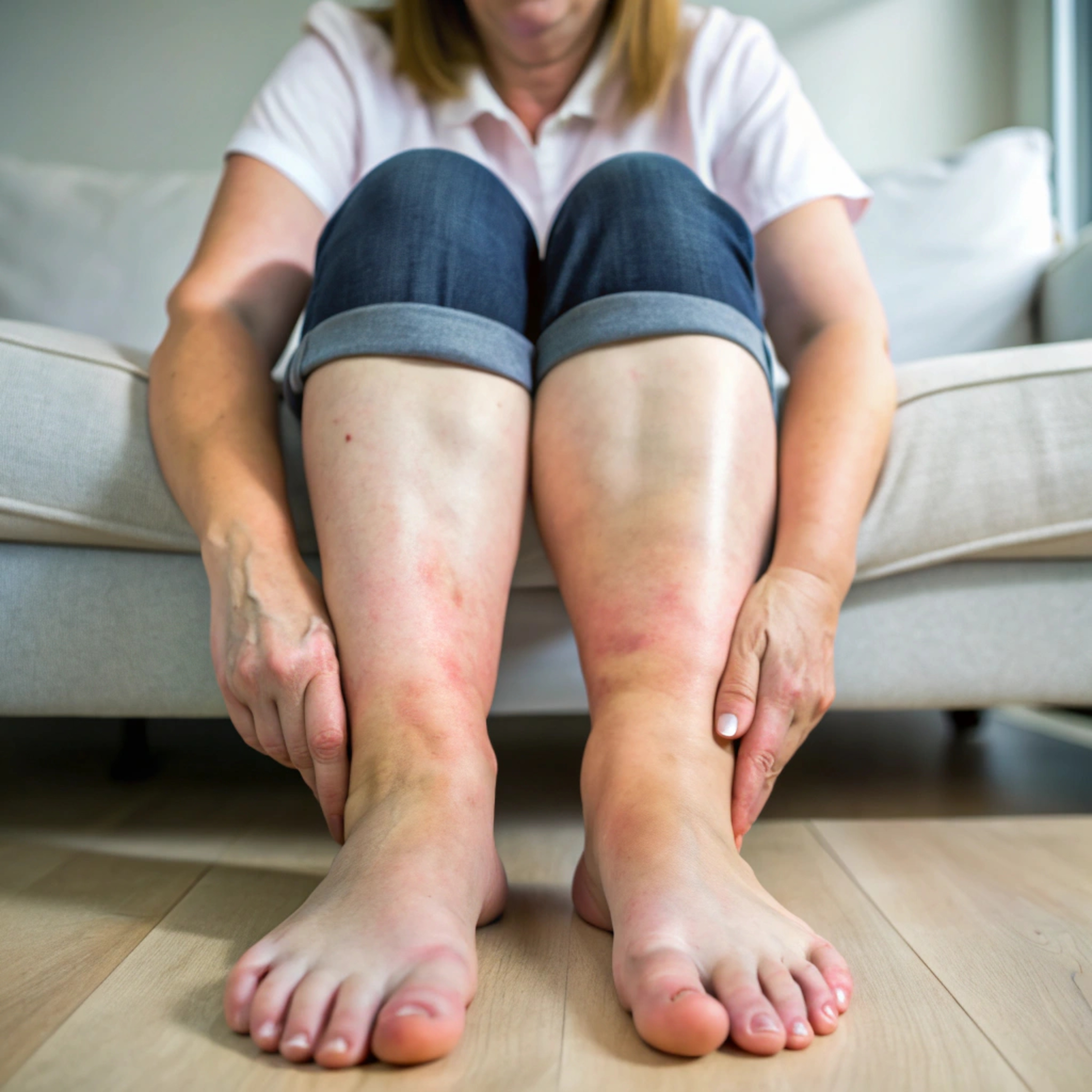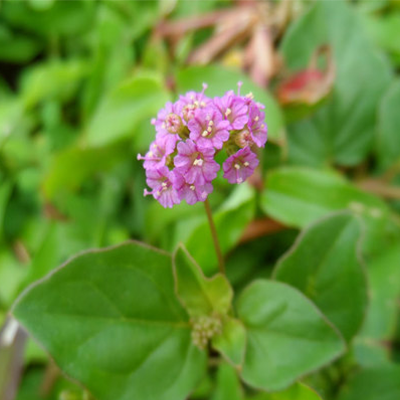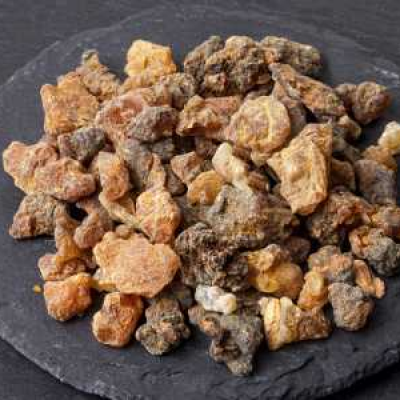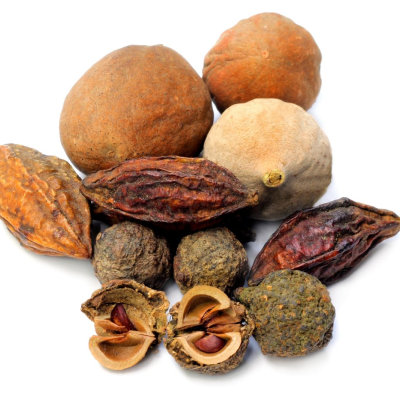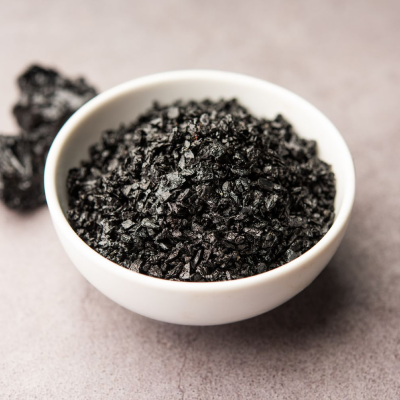What is Edema?
Edema refers to the abnormal accumulation of fluid in the tissues, leading to swelling. It can occur in any part of the body but is most commonly seen in the legs, feet, hands, and face. Edema can be localized (affecting a specific area) or generalized (affecting the whole body).
Causes of Edema
1. Increased Capillary Pressure:
- Heart failure.
- Hypertension.
- Deep vein thrombosis (DVT).
2. Reduced Oncotic Pressure
- Low albumin levels due to kidney disease or malnutrition.
- Liver cirrhosis leading to decreased protein synthesis.
3. Lymphatic Obstruction
Lymphedema due to infections, surgeries, or tumors.
4. Increased Capillary Permeability
- Allergic reactions.
- Infections or inflammation.
5. Sodium Retention
- Kidney dysfunction.
- Excessive salt intake.
6. Hormonal Imbalances
- Premenstrual syndrome (PMS).
- Pregnancy-related edema.
Types of Edema
1. Peripheral Edema
- Swelling of legs, feet, and hands.
- Often associated with standing for long periods or venous insufficiency.
2. Pulmonary Edema
- Fluid accumulation in the lungs.
- Symptoms: Shortness of breath, cough, and difficulty breathing.
- Associated with heart failure.
3. Cerebral Edema
- Swelling in the brain.
- Symptoms: Headache, confusion, seizures.
4. Macular Edema
- Fluid build-up in the retina of the eye.
- Often linked to diabetic retinopathy.
5. Lymphedema
- Caused by lymphatic system obstruction.
- Non-pitting swelling in limbs.
6. Angioedema
- Rapid swelling of the skin and mucosa.
- Often related to allergic reactions.
Differential Diagnosis for Edema
1. Cardiac Causes
- Congestive heart failure: Bilateral, pitting edema, shortness of breath.
2. Renal Causes
- Nephrotic syndrome: Generalized edema, proteinuria.
- Acute kidney injury: Rapidly worsening swelling.
3. Liver Causes
- Cirrhosis: Ascites, peripheral edema, jaundice.
4. Vascular Causes
- Deep vein thrombosis: Unilateral leg swelling.
- Chronic venous insufficiency: Swelling, discoloration of lower limbs.
5. Endocrine Causes
- Hypothyroidism: Non-pitting edema (myxedema).
- Cushing’s syndrome: Weight gain, swelling, and fat redistribution.
6. Infectious or Inflammatory Causes
- Cellulitis: Localized swelling, redness, and warmth.
- Rheumatoid arthritis: Joint swelling.
7. Other Causes
- Allergic reactions:
- Malnutrition: Anasarca (generalized edema).
Associated Symptoms
- Localized Edema: Pain, redness, or warmth in case of inflammation or infection.
- Generalized Edema: Weight gain, difficulty breathing, reduced urine output.
Specific Symptoms
- Puffy eyes in kidney disease.
- Shortness of breath in pulmonary oedema.
- Fatigue and weakness in heart failure.
Ayurvedic Perspective on Edema (Shotha or Shvayathu)
In Ayurveda, edema is referred to as Shotha or Shvayathu, which can be caused by an imbalance in all three doshas:
- Vata Shotha: Dry, rough swelling, caused by poor circulation or dehydration.
- Pitta Shotha: Red, warm swelling with burning sensation due to inflammation or infection.
- Kapha Shotha: Cold, pale, and pitting swelling caused by fluid retention.
Causes in Ayurveda
- Poor digestion (Agni Mandya), leading to toxin accumulation (Ama).
- Excessive intake of salty, heavy, or water-retentive foods.
- Sedentary lifestyle or lack of exercise.
- Underlying disorders like liver dysfunction, kidney disease, or heart issues.
Ayurvedic Treatment for Edema
1. Internal Remedies
Punarnava (Boerhavia diffusa)
A diuretic herb that reduces water retention.
Guggulu (Commiphora mukul)
Anti-inflammatory and helps improve circulation.
Triphala
Detoxifies and supports digestion.
Shilajit
Enhances kidney function and eliminates toxins.
2. Panchakarma Therapies
- Virechana (Purgation): To detoxify the body and balance doshas.
- Basti (Enema): Helps in removing Ama and improving water balance.
3. Dietary Guidelines
- Avoid salty, sour, and heavy foods.
- Include barley, horse gram, and bitter vegetables like bitter gourd.
- Drink herbal teas made from coriander, fennel, or ginger.
4. Lifestyle Recommendations
- Regular exercise to improve circulation.
- Elevate swollen limbs to reduce fluid accumulation.
- Avoid prolonged standing or sitting.
5. External Therapies
- Lepam (Herbal Pastes): Application of Neem and Turmeric paste on inflamed areas.
- Oil Massage (Abhyanga): Using medicated oils like Dashamoola oil to reduce swelling.
- Warm Compress: To relieve localized swelling.


